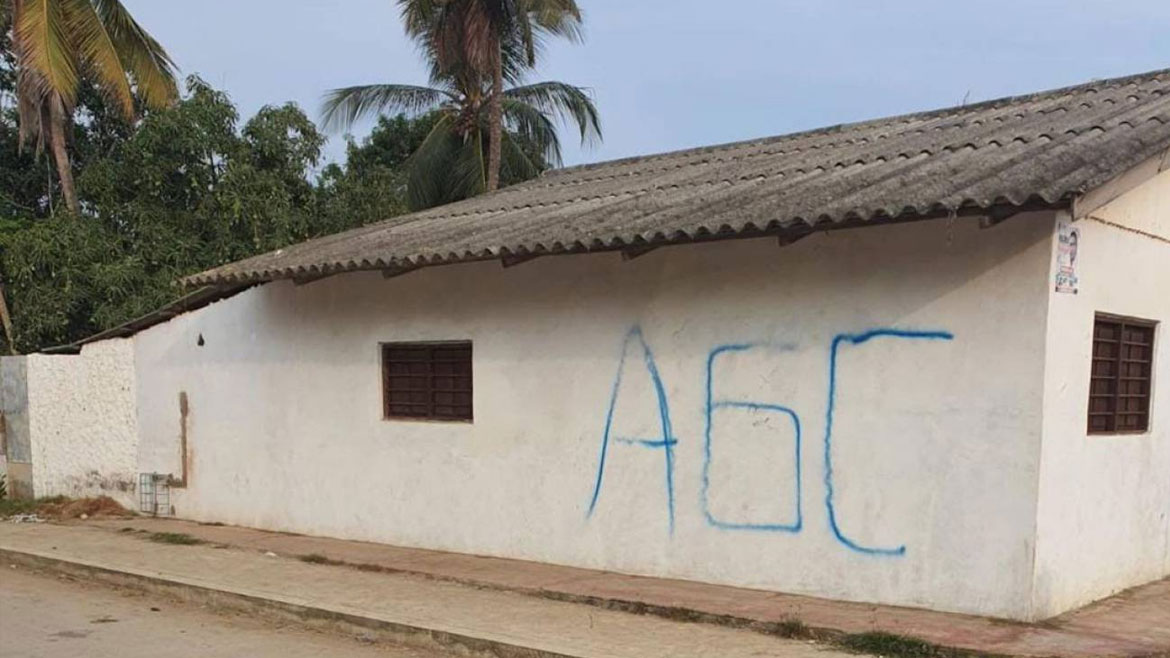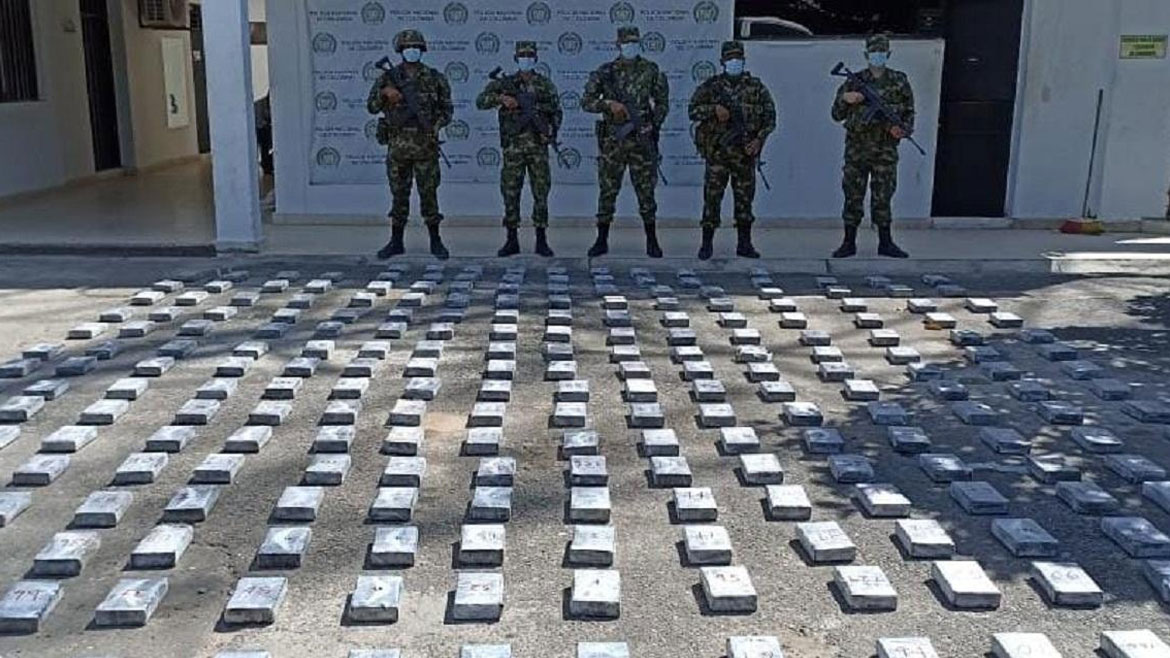The government of Colombia’s President Gustavo Petro released the draft proposal of its flagship “Total Peace” policy.
Additionally, the president ordered a strategic redeployment of the security forces to confront threats posed by illegal armed groups in the countryside.
Petro had already ordered Peace Commissioner Danilo Rueda to talk to negotiators of the ELN, Colombia’s longest-living guerrilla group, in Cuba about a possible resumption of peace talks.
Interior Minister Alfonso Prada last week revealed the government’s “Humane Security and Total Peace” proposal to Congress.
The draft bill provided the first specifics on the government’s plans to end Colombia’s armed conflict and improve public security in the countryside.
Colombia suspends arrest warrants for ELN negotiators
Peace policy a State priority
Most importantly, Petro wants Congress to make the implementation of peace policies a State policy.
This would guarantee the continuity of peace policies and the implementation of possible peace deals made between governments, illegal armed groups and social organizations.
Colombia continues to suffer multiple armed conflicts despite multiple peace processes that were initiated over the past decades.
Past administrations’ failures to comply with peace deals made by their predecessors have severely damaged confidence in the government’s ability to end armed conflicts that have been waging since 1948.
How violent Colombia became while Duque was in office
Economic development for peace

AGC graffiti in Salamina, a municipality in the west of the Magdalena province. (Image: Magdalena Governor’s Office)
Petro’s peace policy proposal additionally wants to make rural development programs an integral part of his peace and security policies.
The development plans of both the national government and those of regional governments must be “aimed at achieving peace and an inclusive social development,” and promote regional integration “especially in municipalities that are most affected by violence or those where the presence of the State has been insufficient.”
This part of the government’s proposal would expand development projects in Colombia’s countryside that were agreed as part of a 2016 peace deal between former President Juan Manuel Santos and the now-defunct guerrilla group FARC.
The government additionally asked Congress to create “Peace Regions” in addition to the priority regions that were created as part of the peace deal with the FARC.
The money for the development of the “Peace Regions” would come from a newly created “Colombia in Peace Fund” that would be managed by the president’s peace commissioner.
Colombia needs $68B before 2031 for war victims to rebuild lives
Peace talks with illegal armed groups
Petro additionally wants Congress to allow his government to engage in talks with illegal armed group that have been held responsible for escalating violence after the demobilization of the FARC in 2017.
These talks would be limited to illegal armed groups that are deemed “outlawed organized armed groups” by International Humanitarian Law (IHL) and GAO’s by Colombian authorities.
This would allow the government to resume peace talks with guerrilla group ELN, and engage in negotiations to dismantle paramilitary organization AGC and groups formed by FARC dissidents.
The proposed bill included the administrative regulations that would take force in the event an illegal armed group formally agrees to hold peace talks or comes to an agreement to demobilize with the government.
These regulations include the lifting of arrest warrants and the suspension of possible extradition procedures.
The government also asked Congress to order all ministers to develop policies that would contribute to peace and to attend a “peace cabinet” meeting every six months.
The proposal also asked Congress to give the president the authority to order ministers to take part in peace talks in order to adapt their policies to the progress of talks.
Petro proposes multilateral ceasefire with Colombia’s illegal armed groups
Abolishing compulsory military service
Following an attack on a police truck over the weekend, Petro ordered the security forces to pull conscripts out of conflict regions.
In order to improve public security in these areas. Defense Minister Ivan Velasquez ordered the immediate creation of “Joint Command Units” in 65 municipalities that suffer the most from illegal armed groups.
As part of the government’s “Humane Security and Total Peace” policy, Prada asked Congress to abolish compulsory military service and give conscripts the option to sign up for a “Social Service for Peace” program.
This program would deploy conscripts to underdeveloped areas to help locals become more internet-savvy, provide support for victims of the armed conflict, accelerate the implementation of peace and reconciliation programs, and increase the State’s capacity to protect the environment.
Colombia mourns massacre of 7 police
Drug policy
When taking office on August 7, Petro said that “peace is possible if we change counternarcotics policy.”
The president on multiple occasions suggested that the reduction of violence and armed conflict in Colombia depends largely on ending the so-called “War on Drugs.”
The government’s “Humane Security and Total Peace” did not include any of Petro’s previous proposals to “end prohibition” and “regulate” illicit drugs.
In fact, the government’s peace and security policy proposal didn’t even mention the word “drugs” once, despite the fact that cocaine exports are one of Colombia’s illegal armed groups’ main sources of income.
The president’s radical counternarcotics proposals are controversial among his conservative coalition parties and have explicitly been rejected by the government of US President Joe Biden.
Furthermore, Petro’s proposed drug policy would be in violation of the United Nations’ Convention Against Illicit Traffic in Narcotics and Psychotropic Substances.”
This 1968 convention bars member states from ending the prohibition of drugs as they would “undermine the legitimate economies and threaten the stability, security and sovereignty of States.”






